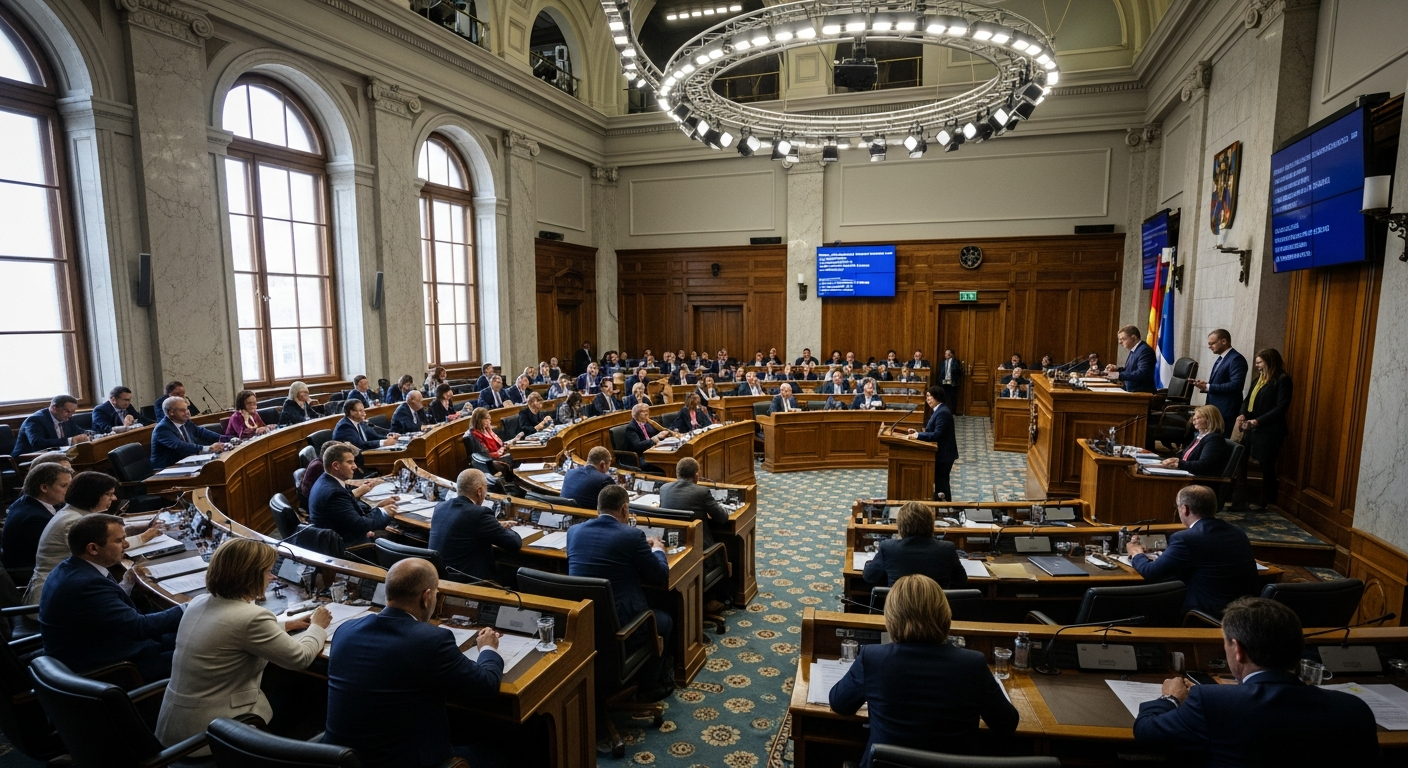The Emergence of Neo-Tribalism in the 21st Century
Introduction: In the age of globalization and digital connectivity, a seemingly paradoxical trend is taking root. Neo-tribalism, a sociocultural phenomenon marked by a return to tribal-like communities, is gaining traction. Read below to delve into the historical context, current trends, and implications of this fascinating societal shift.

The Historical Context of Neo-Tribalism
The concept of tribalism dates back to prehistoric times when humans lived in small, close-knit communities. These tribes were characterized by shared beliefs, customs, and rituals, fostering a strong sense of identity and belonging among members. However, the advent of modernity, characterized by urbanization, industrialization, and globalization, led to the dissolution of these tribal structures.
In recent years, there has been a resurgence of tribal-like communities, a phenomenon referred to as neo-tribalism. Unlike traditional tribes, neo-tribes are not bound by geography, kinship, or even shared cultural heritage. Instead, they are fluid, voluntary, and often temporary, formed around shared interests, values, or lifestyles.
The Rise of Neo-Tribalism in Contemporary Society
The rise of neo-tribalism can be attributed to several factors. The rapid pace of modern life, coupled with the impersonal nature of urban living, has led many to yearn for a sense of community and belonging. Furthermore, the digital revolution has made it easier for like-minded individuals to connect and form communities, regardless of geographical boundaries.
The proliferation of social media platforms and online forums has facilitated the formation of these neo-tribes. From fitness enthusiasts and foodies to environmental activists and tech geeks, neo-tribes are as diverse as they are numerous, reflecting the myriad interests and passions of modern society.
The Societal Implications of Neo-Tribalism
The rise of neo-tribalism has far-reaching implications. On one hand, it fosters a sense of community and belonging, providing individuals with a platform to express their identities and connect with like-minded individuals. On the other hand, it can lead to fragmentation and polarization, as individuals retreat into their respective tribes, potentially exacerbating societal divisions.
Moreover, neo-tribalism challenges traditional notions of identity and community. In a neo-tribe, identity is fluid and multifaceted, reflecting an individual’s diverse interests and affiliations. This contrasts with traditional notions of identity, which are often tied to fixed categories such as nationality, ethnicity, or religion.
The Future of Neo-Tribalism
As we move further into the 21st century, the trend of neo-tribalism shows no signs of abating. With the continued advancement of digital technology and the increasing complexity of modern life, it is likely that neo-tribes will continue to proliferate.
However, the future of neo-tribalism is not without challenges. As society becomes increasingly fragmented, finding ways to foster unity and cohesion amidst diversity will be a key challenge. Furthermore, as neo-tribes become more prominent, understanding their dynamics and implications will be crucial for policymakers, sociologists, and individuals alike.
Embracing the Complexity of Neo-Tribalism
Neo-tribalism represents a complex and paradoxical trend in contemporary society. While it offers a sense of community and belonging in an increasingly impersonal world, it also poses challenges in terms of societal cohesion and identity formation. As we navigate this complex landscape, understanding and embracing the nuances of neo-tribalism will be crucial. After all, in a world characterized by diversity and change, perhaps the ability to find common ground amidst difference is the most important skill of all.






